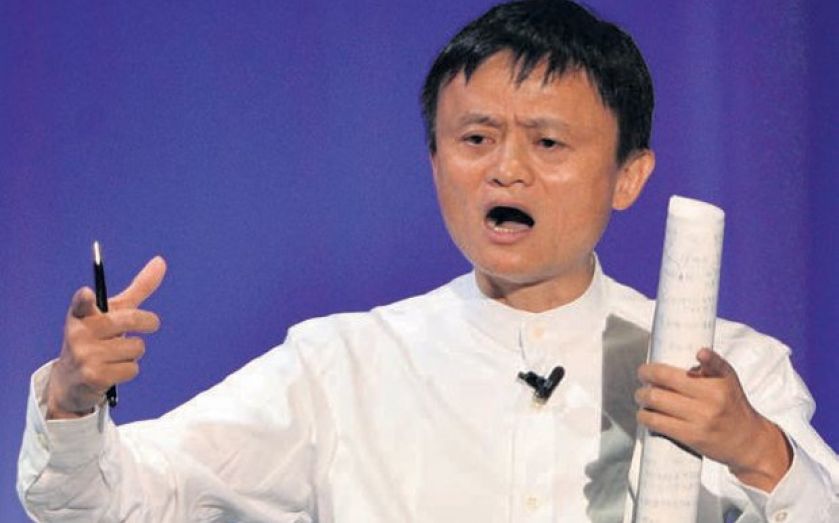Alibaba: Bigger isn’t always better for IPOs – CNBC Comment

GET OUT your superlatives. The Alibaba IPO is set to be the biggest in history – with an expected $21bn (£12.9bn) offering. The numbers are staggering. The Chinese e-commerce giant could be valued at $163bn, not too far off Facebook’s $200bn valuation. Its profit margins are above 40 per cent, and Alibaba accounts for 80 per cent of the fast-growing Chinese e-commerce market.
But don’t get lost in the excitement. The timing of this huge IPO is risky, coming amid a lull in an otherwise strong year for IPOs. Will this offering fuel the market even further, or will it signal mega IPO fatigue?
EY’s Jackie Kelley told CNBC that the IPO market has “been a little soft, but it’s typical for the summer. It’s simply pausing for breath.” Others agree: IPO activity will continue to thrive. According to an estimate by Renaissance Capital, the total amount raised in IPOs in the US this year could reach $80bn, the highest since 2000, and almost 50 per cent more than in 2013. And there is still money to be made in IPOs, says Kelley. They “typically out-perform the market – 5 to 10 per cent ahead of our leading indices”. Renaissance Capital says that mega IPOs since 1997 averaged a day one pop of 11.4 per cent, but traded below their IPO price a year later.
Mark Yusko of Morgan Creek Capital Management is already an investor in Alibaba – having bought tranches in the private market in 2011, 2013 and 2014 – and continues to be bullish on the stock: “we think they have a great management team and that this is a real, legitimate and thriving business”.
So what’s the best trade to put on around the Alibaba IPO – if you cannot get your hands on the highly coveted shares themselves?
It may be its existing investors. Yahoo owns a 22.5 per cent stake in Alibaba. Softbank holds 37 per cent. Saxo Bank’s Peter Garnry highlights “Yahoo as a good opportunity for a covered call strategy for those investors that are long Yahoo.” The October call with a strike at $42 has a potential annualised static return of 30 per cent.
Garnry says the Alibaba IPO will be a driver of Yahoo shares for two reasons: “first, Yahoo’s stake in Alibaba is worth more than Yahoo’s market value, which means that the IPO is the primary driver of Yahoo’s share price.” Second, he expects the “sheer size of the IPO will make the Street buzz, and the strong sentiment will be positive for Yahoo.”
But despite this optimism, I cannot help but wonder whether this IPO is one giant alarm bell for the market. History should have taught us that bigger isn’t always better. I may be in the minority here, but there is risk this monster IPO will cool an already softening market.
Carolin Roth is anchor for CNBC’s Capital Connection.